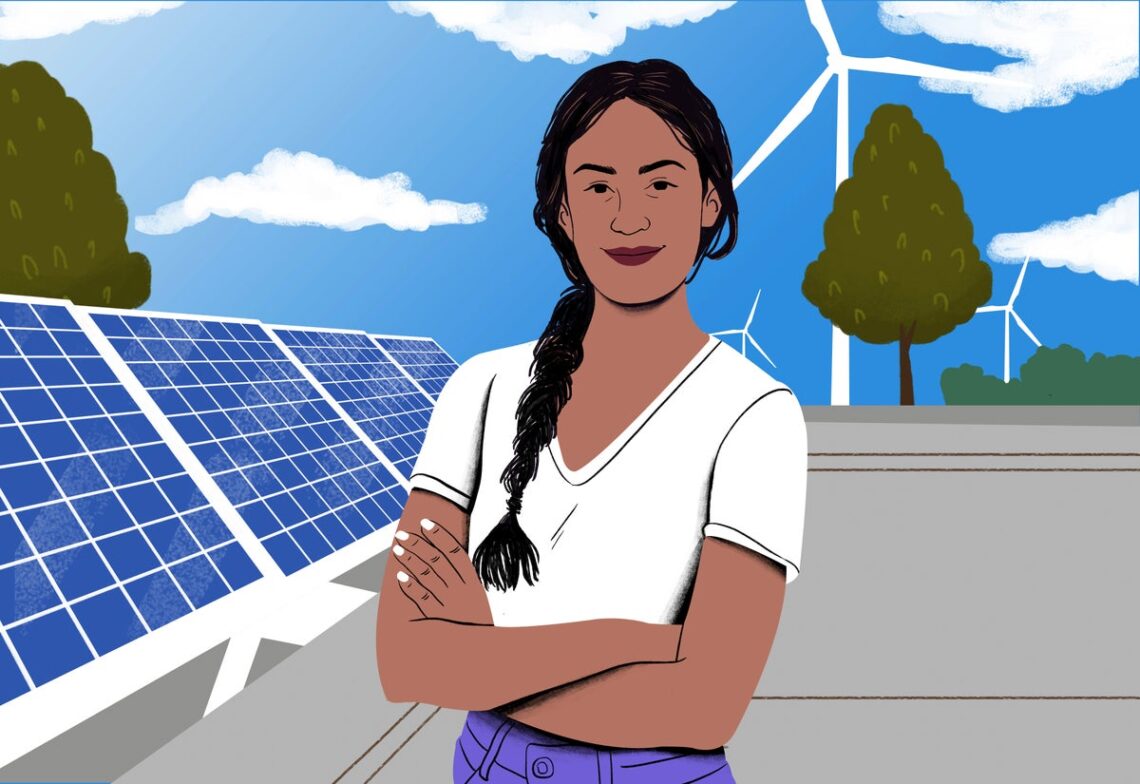This year is projected to be the hottest on record. The latest United Nations estimates indicate that, without radical and immediate action, we are headed toward an increasingly unlivable planet with an increase of up to 3.1 degrees Celsius by the end of the century. Solving the climate crisis requires urgent, global cooperation.
But the yearly global climate meeting (called the Conference of the Parties, or COP) held in November in the petrostate of Azerbaijan upheld the status quo, at best. The current economic system that underpins that status quo is rooted in the extraction of natural resources and exploitation of cheap or unpaid labor, often done by women and marginalized communities. This system therefore drives the climate crisis while perpetuating inequalities based on gender, race and class. It prioritizes the interests of corporations, governments and elites in positions of power and wealth, while destroying the natural environment that poor and marginalized people depend on the most.
We need a different tack to move the needle. As gender-equality researchers at the U.N., we see growing evidence that women, girls and gender-diverse people are bearing the brunt of climate change. And that raises a question: What if we approached climate from a feminist perspective?
On supporting science journalism
If you’re enjoying this article, consider supporting our award-winning journalism by subscribing. By purchasing a subscription you are helping to ensure the future of impactful stories about the discoveries and ideas shaping our world today.
Feminism offers an analysis of how inequalities structure our world and therefore drive the climate crisis, among other global concerns. We believe that it provides a vision of a better climate future, and a practical approach for moving towards it. That sound future is not just about ending fossil fuel–based economies—though that is urgent and necessary—but a more fundamental transformation of our economic and political…
Read the full article here

